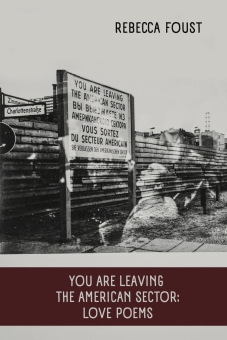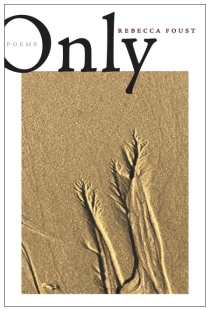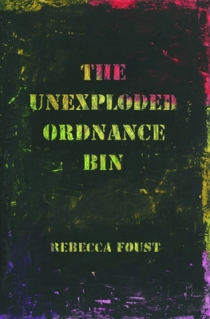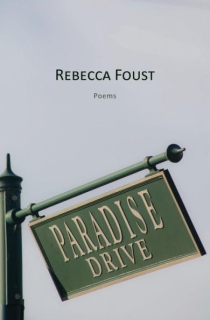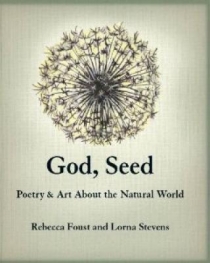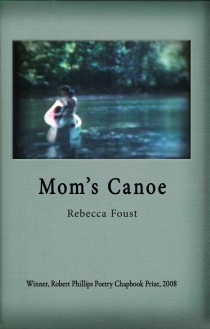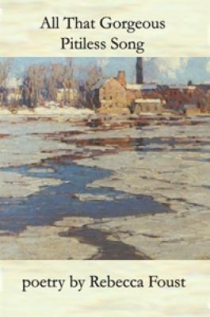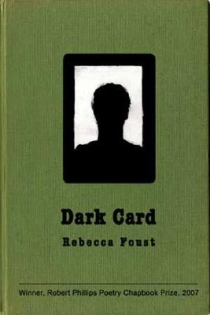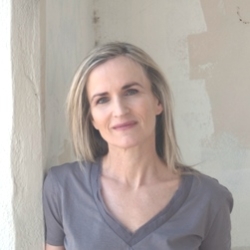But if thought corrupts language, language can also corrupt thought....Freedom is the freedom to say that two plus two make four. If that is granted, all else follows....If you can feel that staying human is worthwhile, even when it can’t have any result whatever, you’ve beaten them. —George Orwell, 1984
Inspired by a rereading of 1984 during the pandemic and the turbulent years of the 2016-20 Trump administration, Rebecca Foust’s new chapbook, YOU ARE LEAVING THE AMERICAN SECTOR: LOVE POEMS, explores the disturbing parallels between George Orwell's totalitarian dystopia and America's emerging political landscape. Julia and Winston’s love story beats at the heart of Orwell’s book, where a declaration of personal love becomes an act of rebellion and a way to preserve privacy, personal identity, and even reality. These poems believe that holds true now, as well. The book, runner up in the 2024 Backbone Press Contest, was released in October 2024 (Backbone Press is closing its doors, but this book will be available from Blue Light Press soon. In the meantime, we'll fill orders placed on this website)—order for $10 here.
